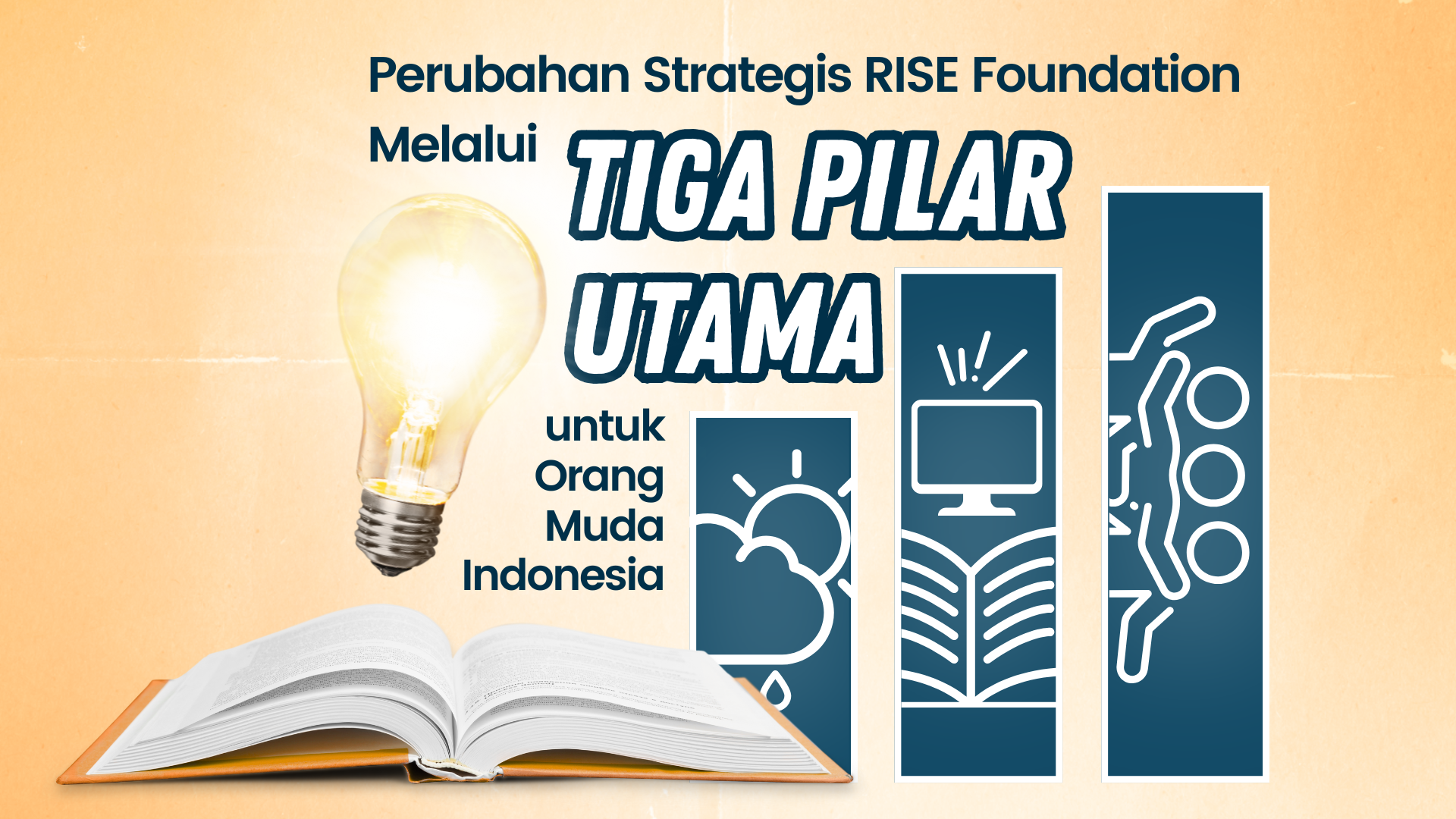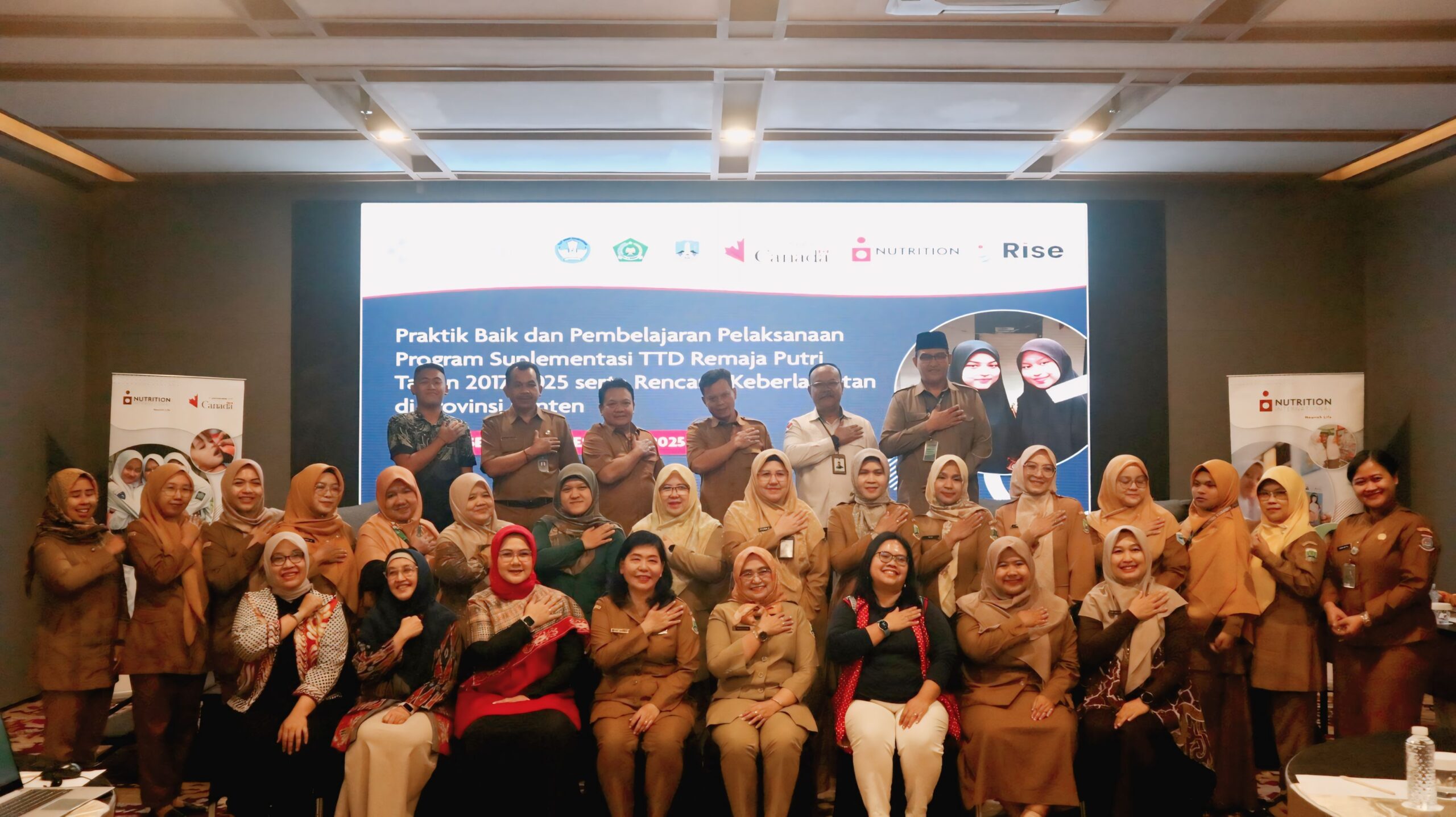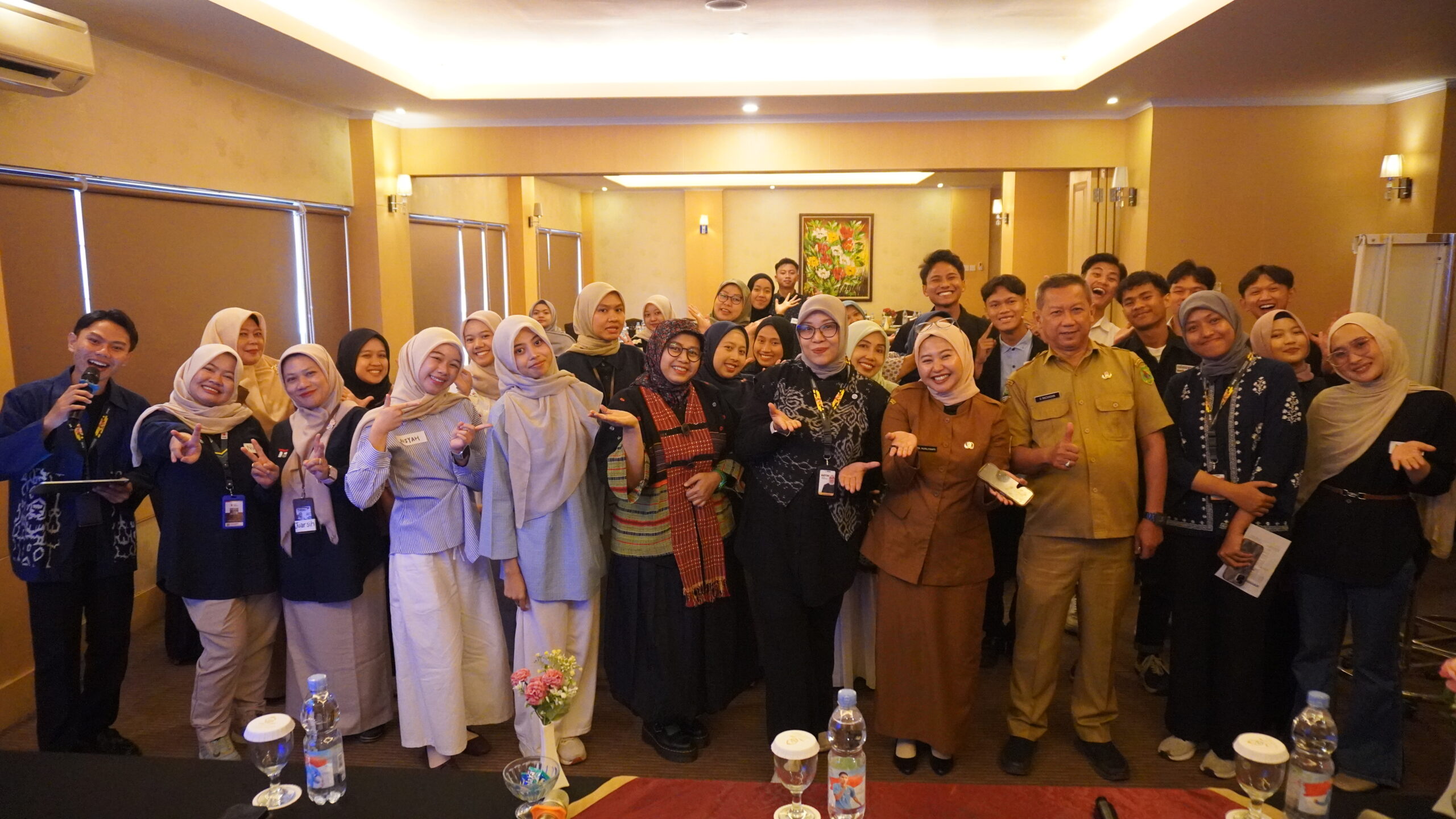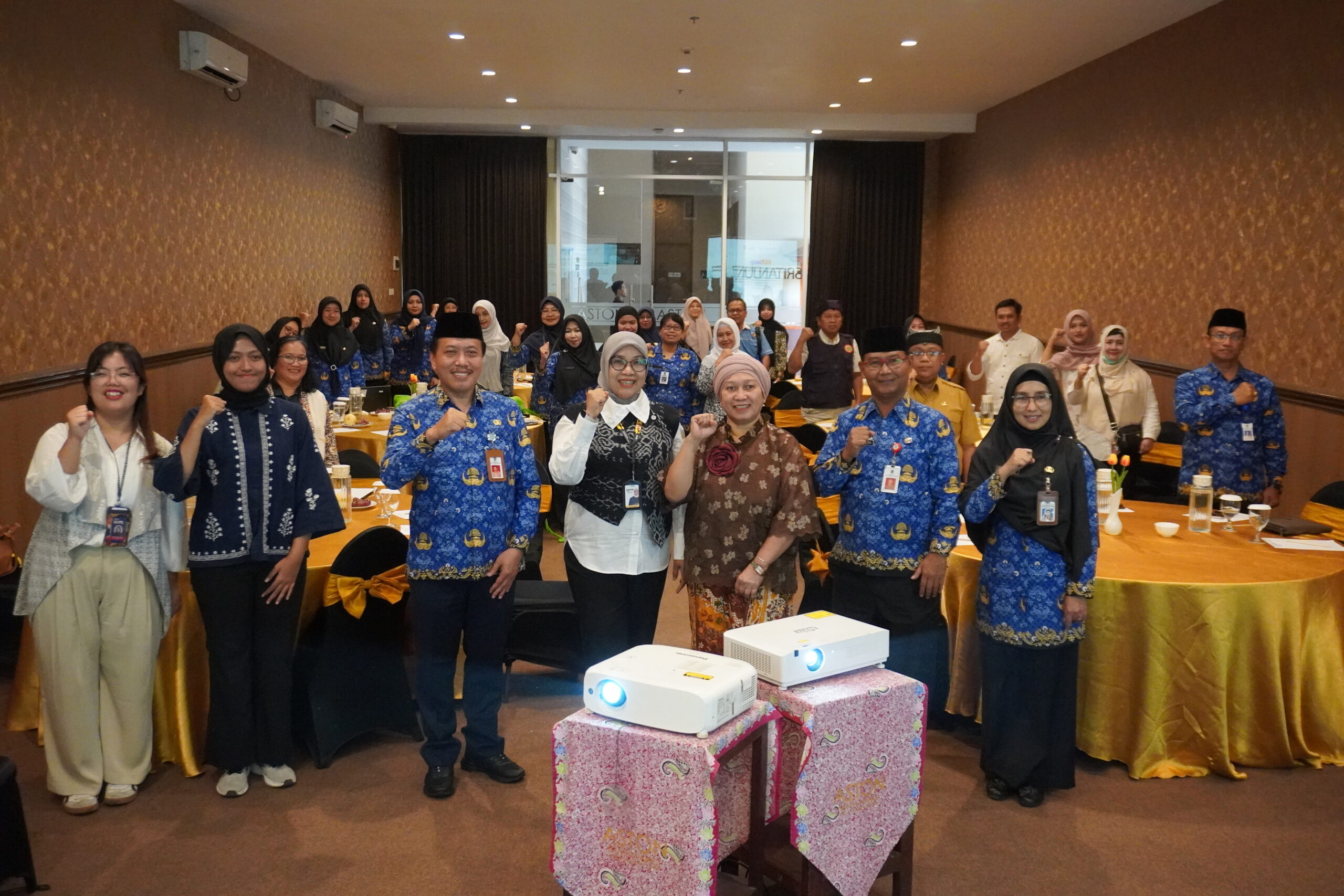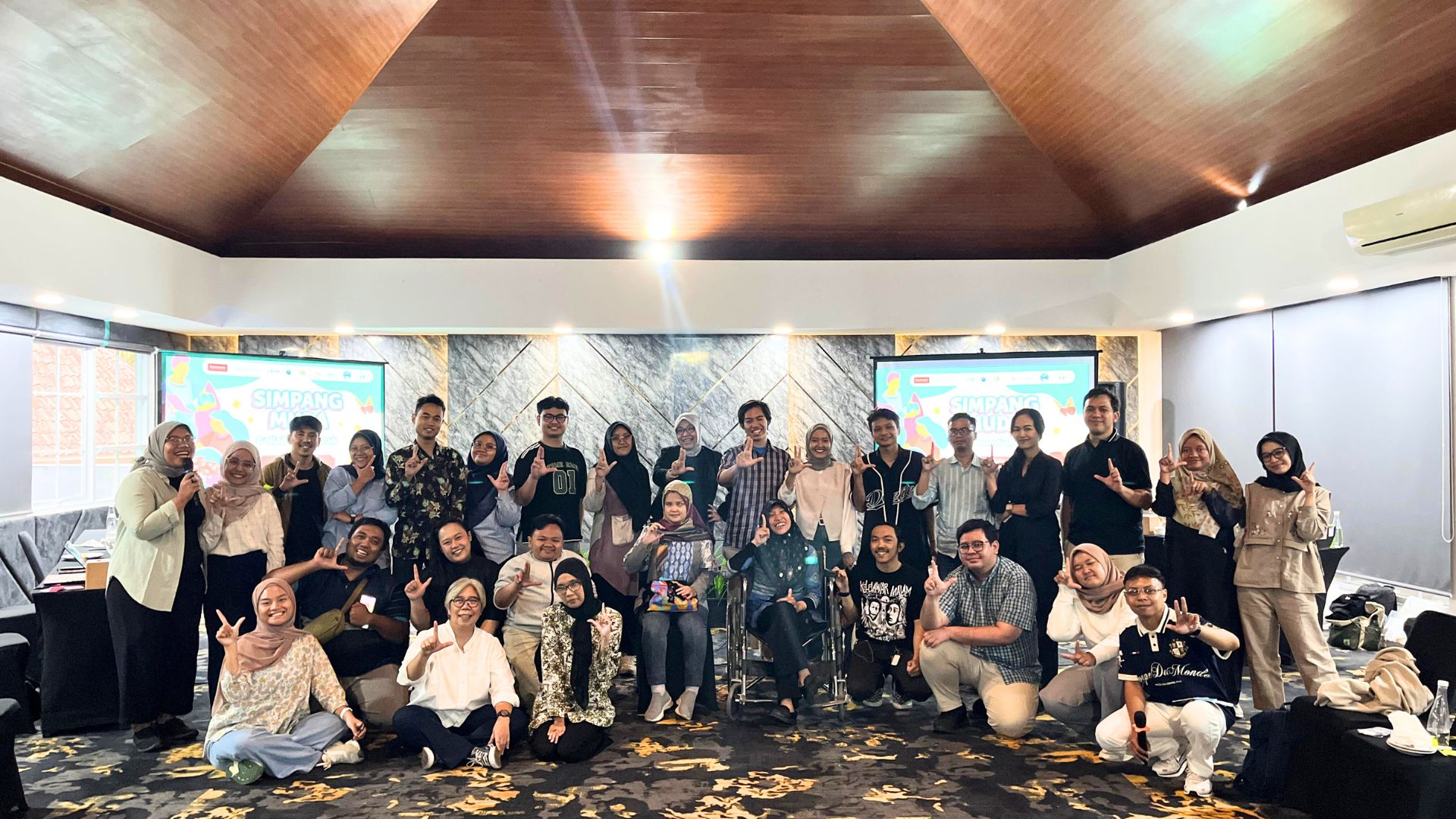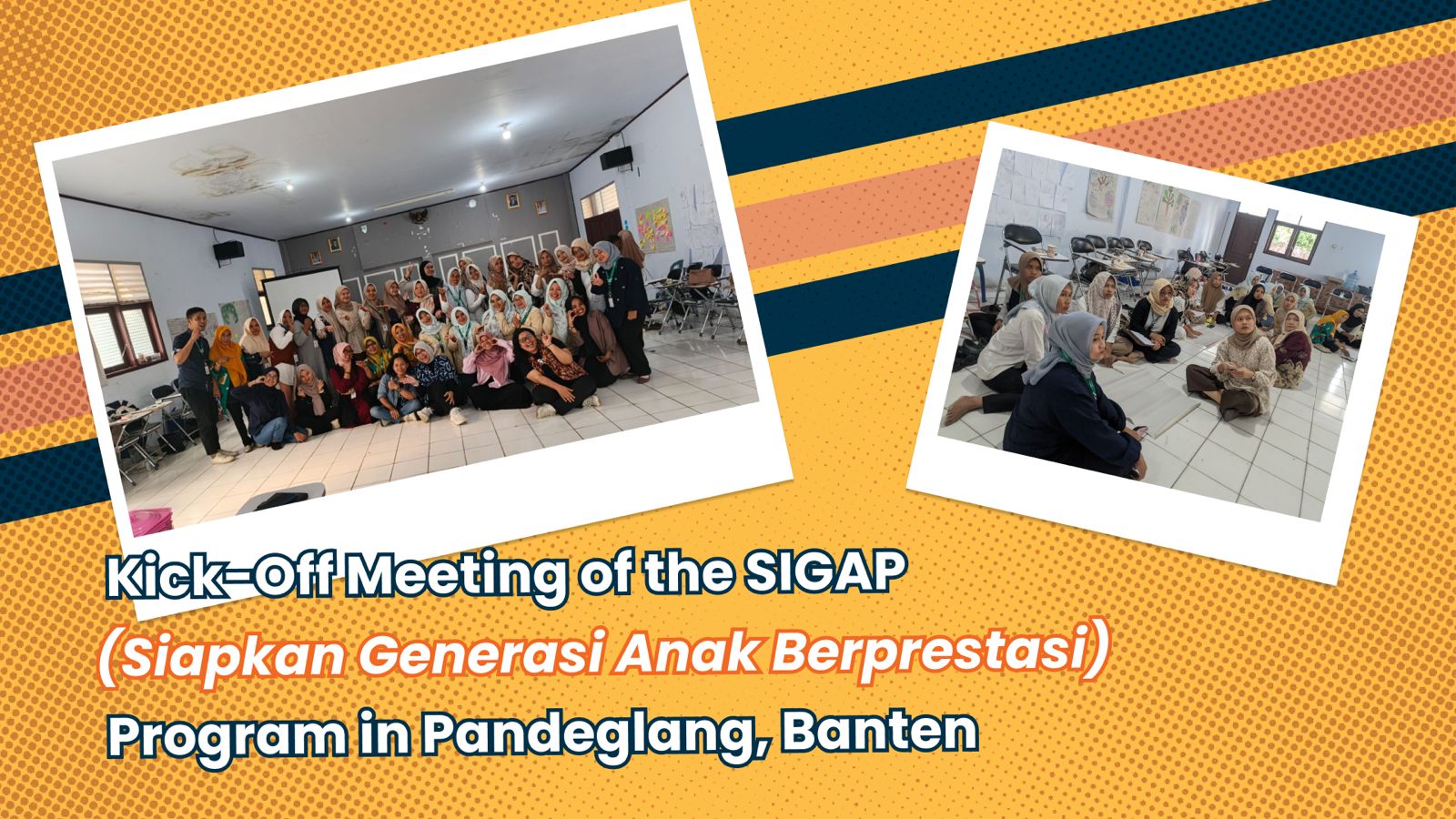Since its inception, the RISE Foundation has placed a strong emphasis on the health of young people. It focuses not only on physical health but also on mental, social, and environmental health, which shape their daily lives. This holistic approach has enabled RISE to consistently deliver programs based on education, advocacy, and empowerment for young people. The programs implemented by the RISE Foundation have also had a positive impact and supported the development of young people from various regions in Indonesia. Through its programs, RISE consistently emphasizes the importance of active youth participation. This approach not only strengthens individual capacity but also fosters a sense of ownership in the social issues we face together.
However, as the organization has grown, social and environmental challenges have become increasingly complex. Young people now live amidst the climate crisis, rapid digital transformation, and demands for gender equality and social inclusion. As an organization, the RISE Foundation shifted its strategic focus through an official memo on August 11, 2025. In this update, its work direction is grouped into three main pillars: Climate Resilience and Sustainability (CRS), Educational Development and Technology (Edutech), and Gender, Equity, and Social Inclusion (GESI).
The Climate Resilience and Sustainability (CRS) pillar positions young people as agents of change in addressing the climate crisis through issues of climate justice, energy transition, food security, disaster mitigation, and a green economy. The Educational Development and Technology (Edutech) pillar ensures equal access to education by leveraging digital technology to improve literacy, deliver learning innovations, and expand learning opportunities for all children. Meanwhile, the Gender, Equity, and Social Inclusion (GESI) pillar emphasizes the importance of gender equality and social inclusion by creating safe spaces for young people, particularly young women and marginalized groups, to voice their rights and participate in decision-making.
Through these three pillars, the RISE Foundation strives to provide a more targeted and relevant approach to the current situation of young people. Each pillar does not stand alone, but rather complements each other in strengthening the capacity of young people to become a resilient, capable, and inclusive generation. In this way, RISE not only prepares young people to face today’s challenges but also equips them with the skills and awareness needed to build a sustainable future.
In its various programs, RISE engages young people as peer facilitators. This has made discussions on climate issues, digitalization, and reproductive health more open and productive. For example, the Urban Futures session generated a variety of creative ideas from urban youth on the rights to food and nutrition, local food, and climate justice. Meanwhile, the Girls4Change initiative empowers adolescent girls as agents of change in their communities by strengthening their leadership, self-confidence, and knowledge of gender and human rights issues. These examples demonstrate that the active involvement of young people not only broadens their understanding but also generates real solutions for their environment.
This change in strategic focus underscores the RISE Foundation’s commitment to remaining relevant in addressing community needs. Through its three core pillars of CRS, Edutech, and GESI, RISE is committed to strengthening the capacity of young people to face global challenges while making positive contributions to their communities. The RISE Foundation believes that collaboration is key to creating sustainable impact. Therefore, the organization invites educators, civil society organizations, the private sector, and the government to join forces. Together, let’s create a generation of Indonesian youth who are resilient in facing the climate crisis, skilled in utilizing technology, and just and inclusive in social life.

